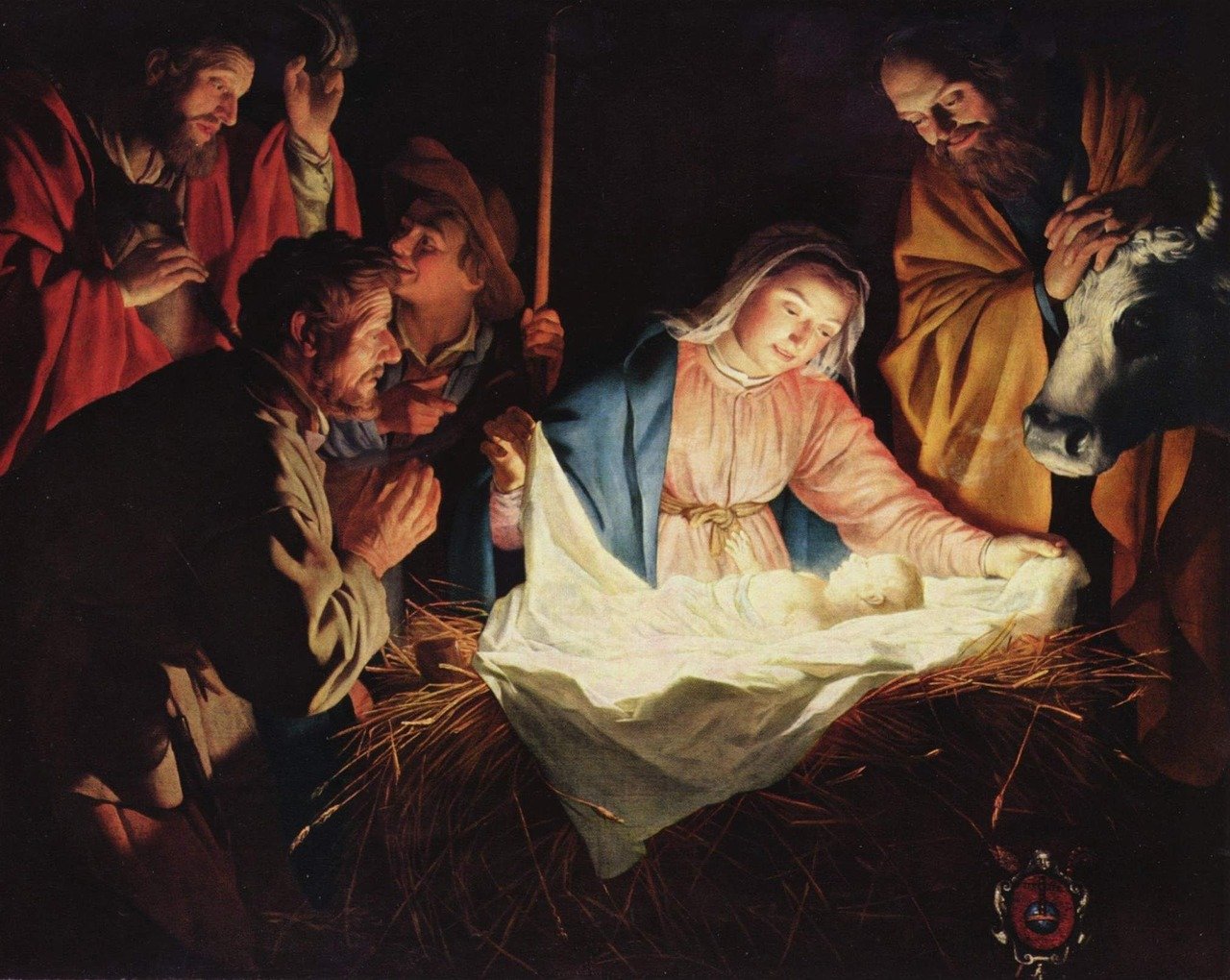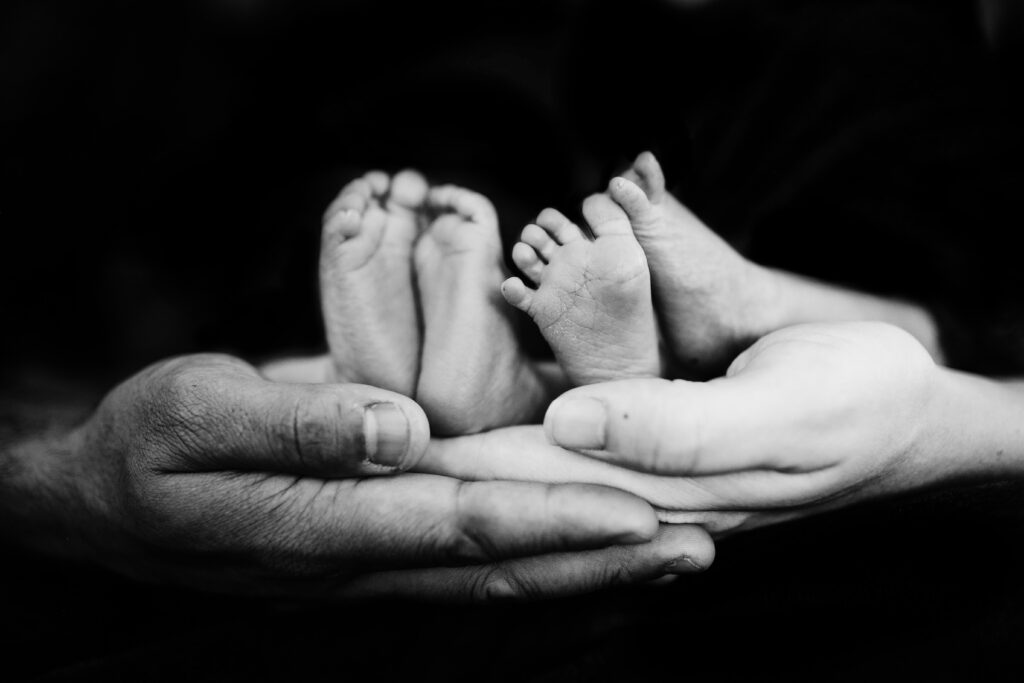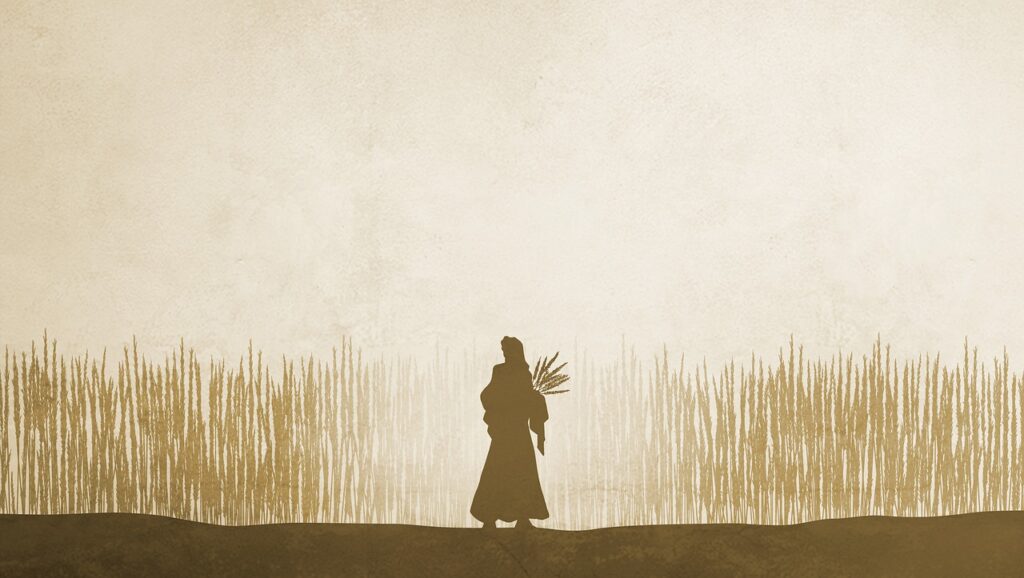
Jesus had Grandmothers too!
I remember my grandpa reading through the Bible at dinner time. “And So and So begot Whose It, and Whose It begot What’s His Name . . .” His idle attempt to read the text without pronouncing names made us chuckle. But as a mature believer, I’ve discovered a gold mine in these genealogies. The Gospel of Mathew begins with the ancestry of Jesus.
I delight in reading and reflecting on this portion of Scripture at Christmas time. In the first five verses, three of Jesus’ “mothers” are named: Tamar, Rahab, and Ruth. Through these women, God built the household of King David and our Savior. Their stories remind us not everyone is born into a family of faith. Their lives reveal God’s redemption—bringing them into Christ. Their testimonies encourage us, as God’s people, to be mindful of our relationships with the lost.
Tamar ~ neglected by God’s people
Tamar experienced the neglect of God’s chosen people. Judah failed to give his twice-widowed daughter-in-law in marriage to his third son. Judah blamed Tamar for the death of his two older sons. He feared that his third son would die too if he gave her to him as a wife. He failed to keep his promise to care for her. However, God did not fail her.

Tamar knew justice required Judah to give her a son. Tamar understood what Judah owed her and took bold measures to secure her future. God honored her risqué attempt to raise an heir to Judah. The Lord vindicated Tamar with twins—a replacement for both of Judah’s boys.
Consider your present circumstances. As God’s child, are you neglecting to keep a promise you’ve made as Judah did? If so, this is the perfect time to repent and give what you promised. Is God waiting for you to take a bold step of faith like Tamar and claim His promises? Do! God will bless your effort.
Rahab ~ walled off from God’s people
Next, we find Rahab, a pagan prostitute, separated from God’s people by the walls of Jericho. The Lord loved her and sent two spies from Israel to her. She trusted God and sheltered them. As a result, Rahab received the security of a promise kept. By faith, she tied a red thread to her window as the spies instructed her to do. The scarlet strand signaled Israel’s armies to spare her and those under her roof.

Have we ventured far enough into enemy territory to bring in those walled off by the world? Let’s be willing to share the good news of Jesus’s first advent with those held captive behind the gates of Hell.
Ruth ~ estranged from God’s people
After Rahab, we come to Ruth. She originated in Moab. Moab began as the descendants of “righteous” Lot, but by the time Israel came into the Promised land, the Moabites had forgotten their relationship with Abraham. These people were estranged from each other.

The Moabites refused to feed their hungry relatives. Ironically, Naomi’s family went looking for bread in Moab during a famine in Israel. After Naomi’s husband died, her sons married Moabite women. Ruth became her daughter-in-law. Then Ruth’s husband dies. Ruth (whose name means friend) commits to caring for Naomi. Naomi needed Ruth’s friendship, and Ruth needed to return to the blessings of God’s people. Naomi (whose name means pleasant) attracted Ruth to return to Israel. Does our countenance attract those turned off by the church? Ruth was faithful to her family. Are we devoted to our church family by caring for each of them?

I’m thankful the Lord pieced these women into His family. It reminds me that when I was lost, Jesus brought me in too!
As we read through the genealogy of Jesus’s female ancestors, may God inspire us with their examples this Christmas. Let’s pay attention to the neglected, walled-off, and estranged souls around us. Let’s remember why God sent His Son into the world this Christmas. Like God, let’s intentionally bring outsiders into our celebrations.
“And Jesus said to him, “. . . the Son of Man has come to seek and to save that which was lost.” Luke 19:9 – 10
